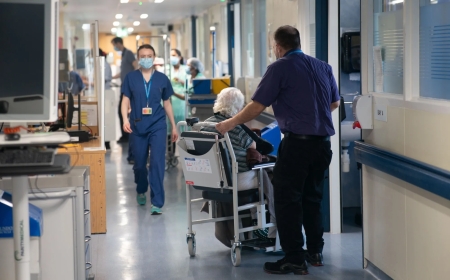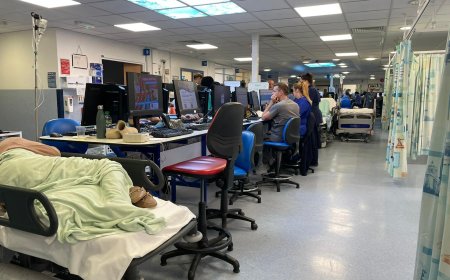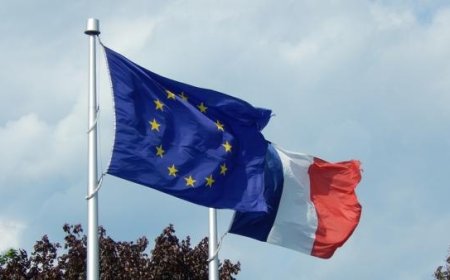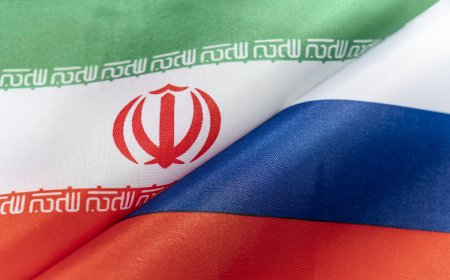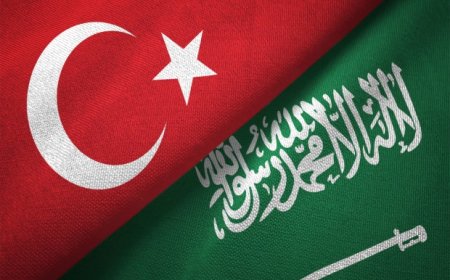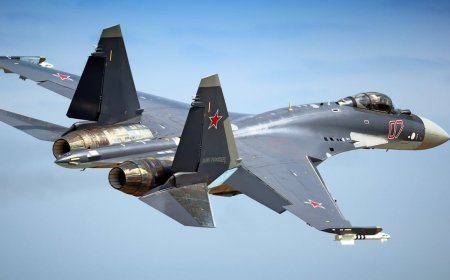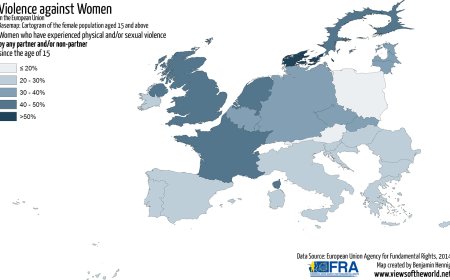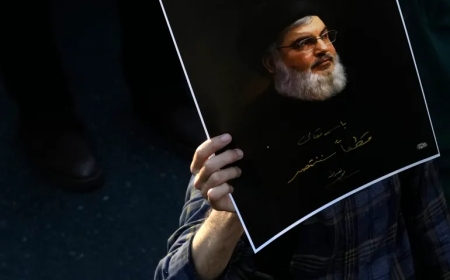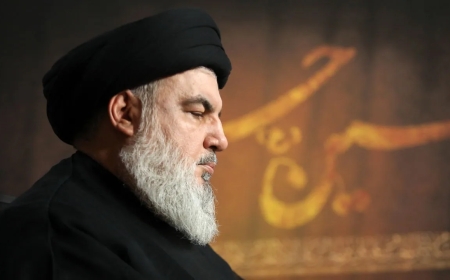US envoy visits Turkish opposition, angering President Erdogan
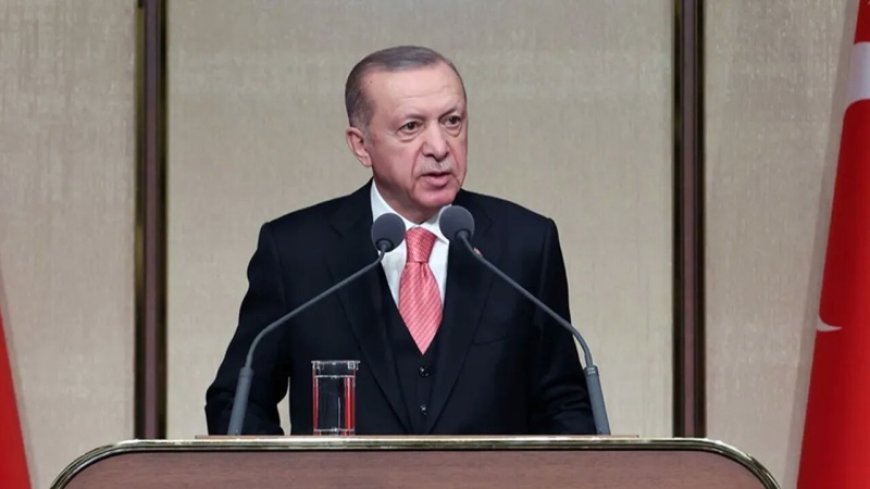
Tensions between Turkey and the US have escalated after the US ambassador in Ankara met with the opposition candidate ahead of the crucial elections.
Turkish President Recep Tayyip Erdogan has rejected the move, saying the ambassador needs to know his seat. Erdogan has also urged his supporters to teach the US a lesson in the upcoming presidential and parliamentary elections.
Turkish President Recep Tayyip Erdogan stressed that the upcoming elections should be a lesson for the US and that the doors are henceforth closed to US Ambassador Jeffry Lane Flake, who met with Erdogan's main election rival Kemal Kilicdaroglu last week .
“We have to teach America a lesson in this election. Joe Biden speaking from there, what is Biden's ambassador doing here? He's visiting Mr. Kemal, that's a shame. Use your brain! You are the ambassador; Your interlocutor here is the President".
He added: "Our doors are closed to him now. You can't see me anymore. Why? You're learning your limits now."
According to a US embassy tweet, Flake met with Kilicdaroglu, leader of the Republican People's Party CHP, on March 29 as part of continuing talks with Turkish political parties on issues of mutual interest between the two countries.
Also in early March, Ankara called in Ambassador Flake about US General Mark Milley's visits to northeastern Syria.
This comes just weeks after Turkey's interior minister criticized the US envoy after Washington warned Ankara against exporting chemicals, microchips and other products to Russia.
Erdogan is furious over the US envoy's meeting with opposition candidate Kemal Kilicdaroglu, who is leading most of the polls weeks before the crucial election.
According to the latest opinion polls published on March 27, Kilicdaroglu is 2.5 percentage points ahead of Erdogan in voting intent. The figures show that Erdogan closed the gap earlier in the month when he was more than 10 percentage points behind.
Four different pollsters are eyeing a possible seat change at the presidential palace in Ankara, with Kilicdaroglu leading the race with more than 50% of voter support. In contrast, support for Erdogan averages 44%.
Presidential and parliamentary elections in Turkey are scheduled for May 14th. Kilicdaroglu was nominated as a presidential candidate by an alliance of the country's six opposition parties.
Erdogan and his ruling AK Party are expected to face an uphill battle for re-election after the devastating earthquake that killed over 50,000 in the country in early February.
The US and Turkey, allies and strategic partners on paper, have not had an easy relationship since 2014, when Washington decided to ally with Kurdish YPG fighters in Syria against ISIS, viewed by Ankara as terrorists.
Since then, two more US administrations have settled in Washington, but tensions and occasional squabbles linger over a range of issues ranging from Turkey's purchase of Russian S-400 air defense systems to Ankara's decision to withhold Sweden's NATO bid unabated.
After Ankara announced its decision to buy Russian S400 missile defense systems, the US has removed Turkey from its F-35 stealth fighter jet program.
When Sweden and Finland subsequently declared their NATO membership bid, this gave Erdogan a trump card in his "tough ball games" with Turkey's western allies.
And let's not forget allegations of US involvement in the attempted coup against the Erdogan government in 2016.
This has consequently fueled anti-American sentiment in Ankara, which sees the US as an unreliable ally. In addition, Turkish media have reported that Erdogan may receive Russian President Vladimir Putin for the inauguration of a nuclear power plant in the near future.
Erdogan said his country is determined to go ahead with the nuclear power plant project despite objections from the opposition.
